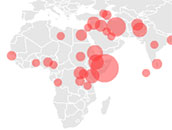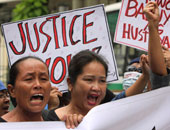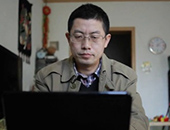It is a sad end to 2013 for the global press freedom community.
With the sudden death of CPJ Mexico Representative Mike O'Connor, 67, on Sunday, Mexican journalists have lost one of their most formidable advocates. Mike will be remembered as someone who was on the forefront of the struggle for press freedom. His superb skills as an investigative journalist helped scores of reporters across the country during a period marred by violence and censorship.





